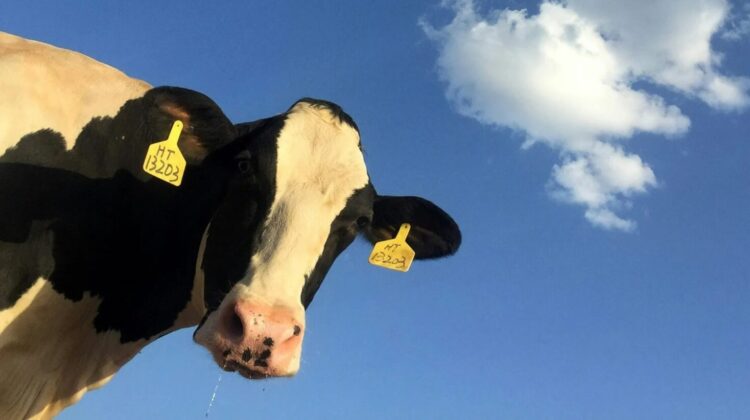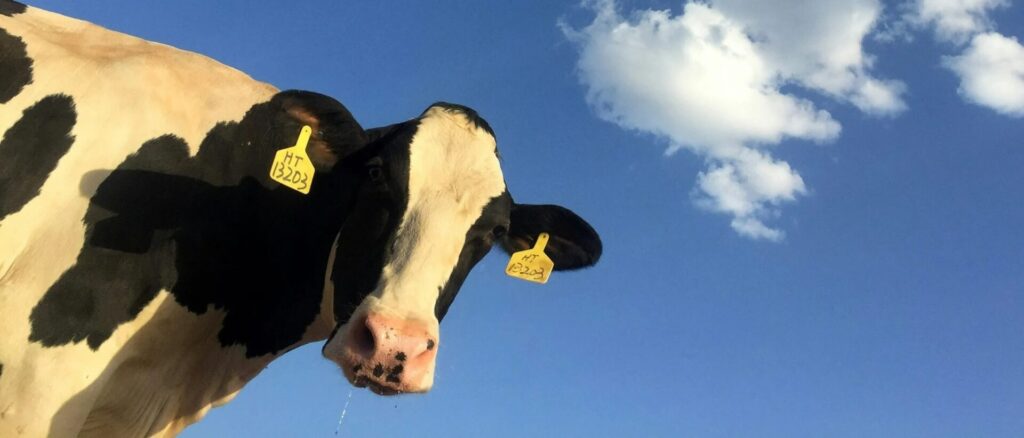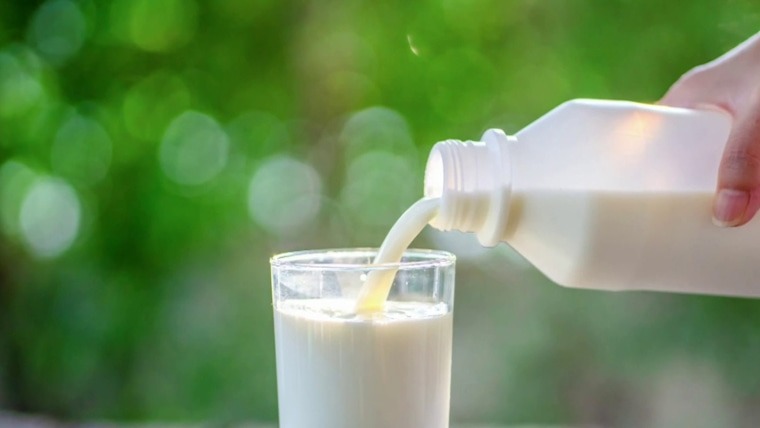
Amidst the alarming spread of bird flu among dairy farms across the United States, a new twist has emerged: traces of the virus have been detected in samples of pasteurized milk. However, reassuringly, health officials from the US Food and Drug Administration (FDA) affirm that these viral particles are inactive and do not present a risk to consumers.
Since late March, cases of H5N1 avian influenza have surfaced in at least 33 dairy herds spanning eight states, as reported by the Centers for Disease Control and Prevention (CDC). This development has startled experts, marking the first documented instances of the virus afflicting cows.

Image credit: Ryan Song/Unsplash
Furthermore, a solitary farmworker has contracted the virus, becoming only the second individual in the US to be infected. Thankfully, this individual experienced only mild symptoms.
In response to the escalating situation, health authorities have intensified monitoring efforts, scrutinizing milk samples from store shelves nationwide. Recently, the World Health Organization (WHO) disclosed the detection of “very high concentrations” of the virus in raw milk sourced from infected animals. This finding, while concerning, is not entirely unexpected given the potential presence of various bacteria and viruses in unpasteurized milk.
In a noteworthy revelation, the FDA disclosed that select samples of pasteurized milk in the US have yielded positive results for inactive remnants of the H5N1 virus. While the exact number of positive samples and their sources were not disclosed, the FDA underscored that pasteurization procedures are likely to render the virus inactive, albeit not entirely eliminating its presence.

Asserting the safety of the commercial milk supply, the FDA emphasized, “To date, we have seen nothing that would change our assessment that the commercial milk supply is safe.”
Concurrently, the FDA and the US Department of Agriculture are collaborating to divert and dispose of milk originating from infected cows, implementing swift containment measures.
Pasteurization, named after the pioneering French microbiologist Louis Pasteur, stands as a cornerstone of food safety protocols, aimed at eradicating pathogens and prolonging shelf life. Nearly all milk (99 percent) available in the US undergoes rigorous pasteurization procedures in accordance with the Pasteurized Milk Ordinance.
While standard pasteurization techniques should theoretically deactivate the heat-sensitive H5N1 virus, the novel challenge of bird flu infecting cows has spurred the need for further research. Presently, there exists a dearth of studies examining the effects of pasteurization on H5N1 in bovine milk.

“The US government and its partners are diligently conducting a comprehensive array of studies examining milk at every stage of production – from the farm to processing facilities to store shelves – employing established methodologies to confirm pasteurization efficacy against known pathogens,” stated the FDA. “This endeavor remains a top priority.”
As authorities continue their concerted efforts to address this unprecedented situation, vigilance and proactive measures remain paramount in safeguarding public health and ensuring the integrity of the nation’s food supply.

Leave a Reply